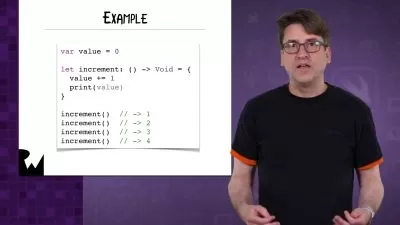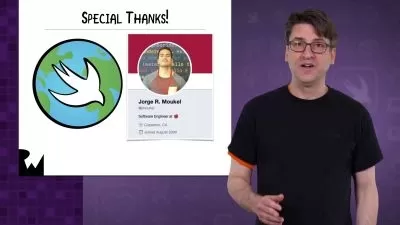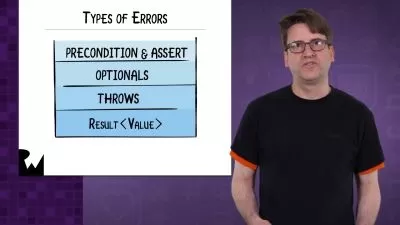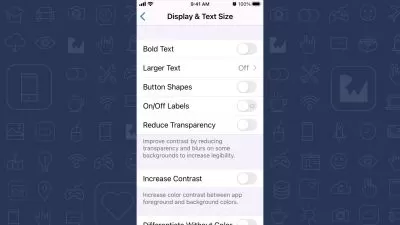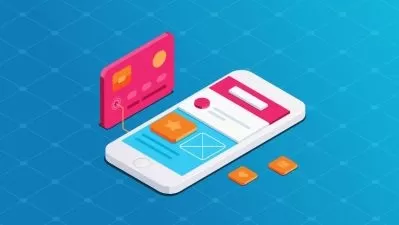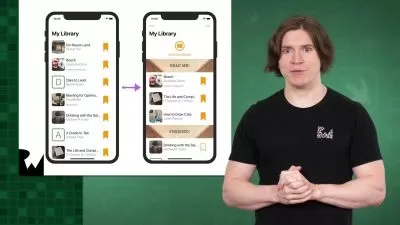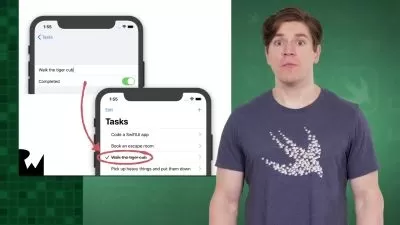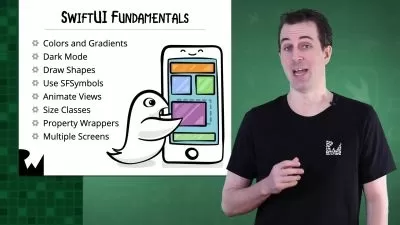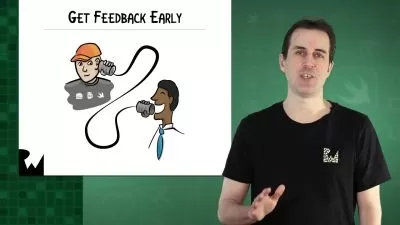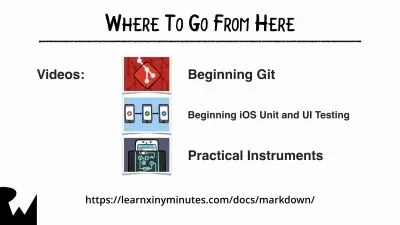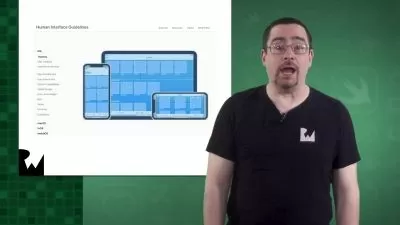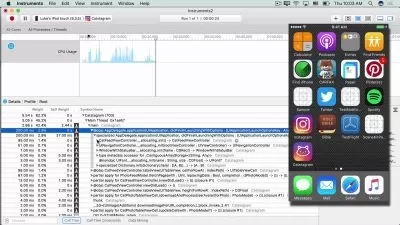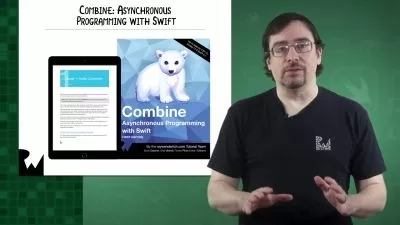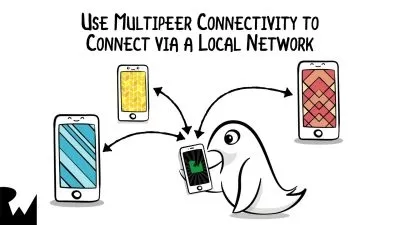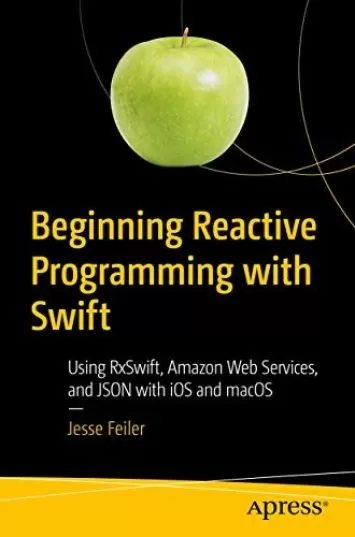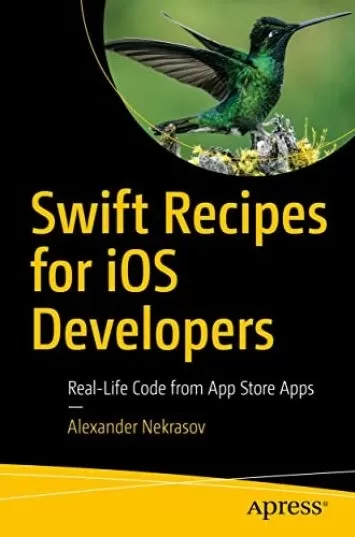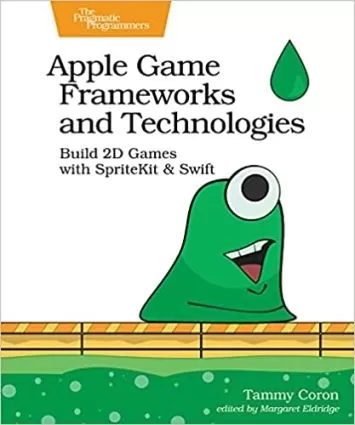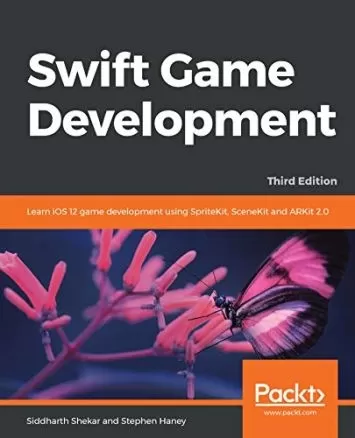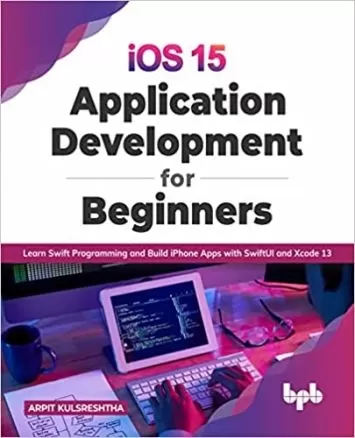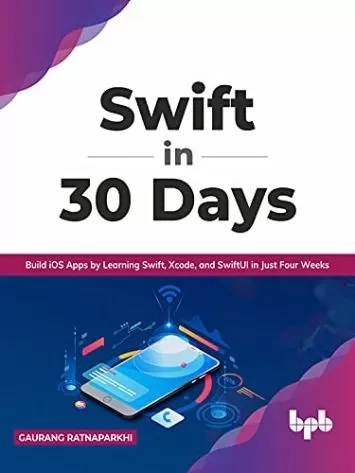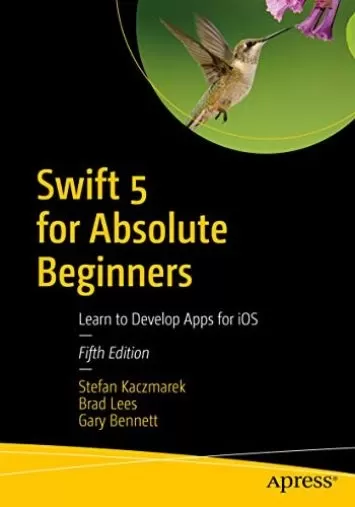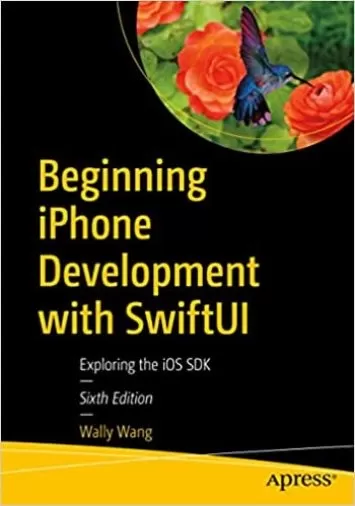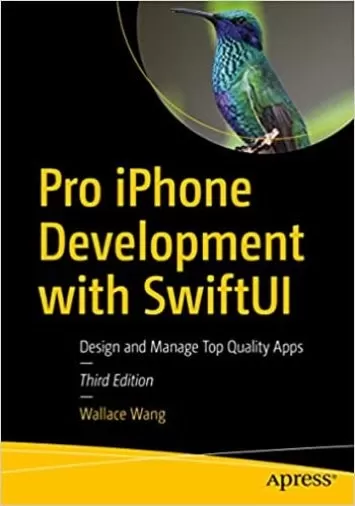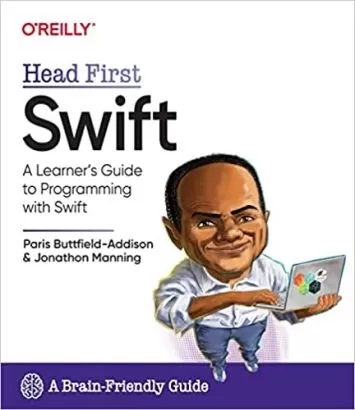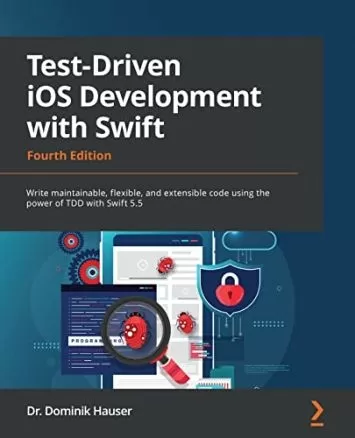About SwiftLearn More
Swift is the programming language of choice for developing in all of Apple’s operating systems, such as iOS, watchOS, tvOS, and macOS. Swift uses a sleek, modern syntax aimed at safety and convenience, and it can integrate with code you already have in Objective-C.
Sort by:
Sorting
The newest
Most visited
Course time
Subtitle
Filtering
Courses
Subtitle
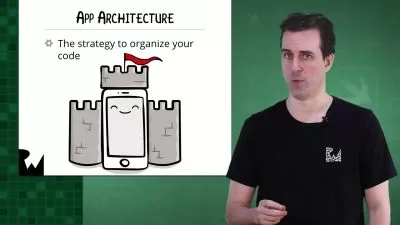
RayWenderlichYour First iOS and SwiftUI App An App From Scratch
2:30:15
English subtitles
06/14/2023
Books
Frequently asked questions about Swift
Swift is a powerful programming language released by Apple and developed both by Apple and the open-source community. Swift is designed for use on the macOS, iOS, watchOS, tvOS, and other Apple platforms. It was first released in 2014 as a replacement for Apple's other programming language, Objective-C, which served as the primary Apple programming language since the 1980s. Swift is comparable in performance to Objective-C but is a more modern language with a cleaner syntax and easy-to-use generic types. Swift also has powerful protocol extensions, lightweight closure syntax, fast collection iteration, multiple return values, and functional programming features. Swift works with Apple's Cocoa and Cocoa Touch frameworks and can inter-operate with existing Objective-C codebases.
There are a few IDEs that support programming in the Swift programming language. The most well-known and popular IDE for Swift is Apple's Xcode IDE. Xcode is free for anyone that owns an Apple computer running Mac OSX. Xcode allows coding in Swift and Objective-C, Apple's other language, and has code completion, code folding, syntax highlighting, and other powerful IDE features. AppCode, released by JetBrains, is another IDE that is popular among developers who write Swift code. AppCode was designed from the ground up for developing Apple-based applications. Coderunner is another popular IDE for Swift. It is lightweight and supports not only Swift and Objective-C, but over 25 programming languages out-of-the-box.
The time it takes to learn Swift can vary, depending on your experience with technology and other programming languages and the time you can devote to the learning process. Swift is easier to learn than Apple's other language, Objective-C, so learning to write code for Apple products won't take as long as it did in the past. If you are an experienced programmer who has written code in other languages, learning Swift may only take you a few weeks of practice since what you know can be easily applied to Swift. When you are new to programming, the time it takes will depend on the time you have to learn. If you spend less than a couple of hours a day learning Swift, you could be building apps in a couple of months and taking on more significant Swift projects in a year or so. The more time you dedicate to practicing, the quicker you'll progress.





